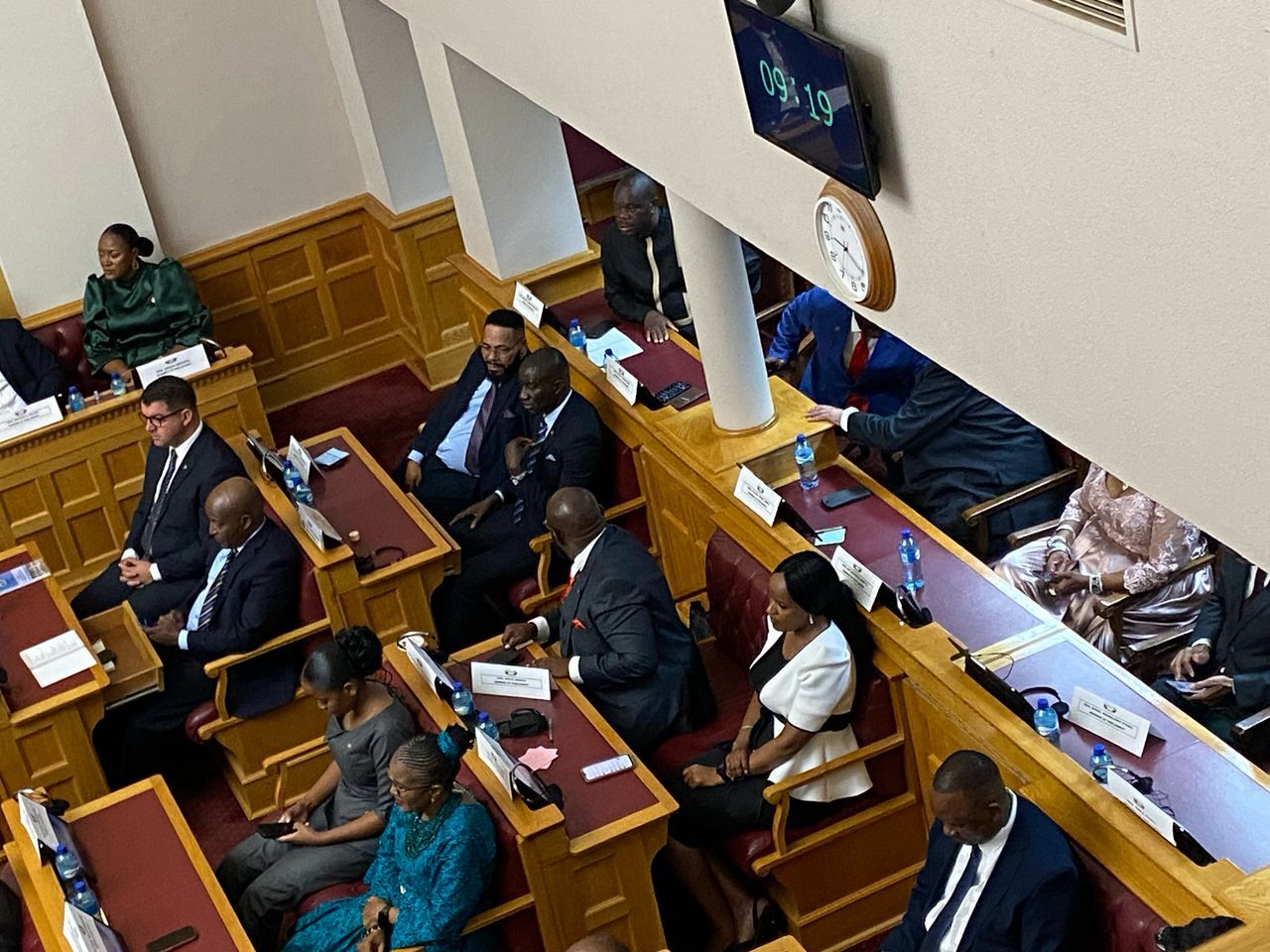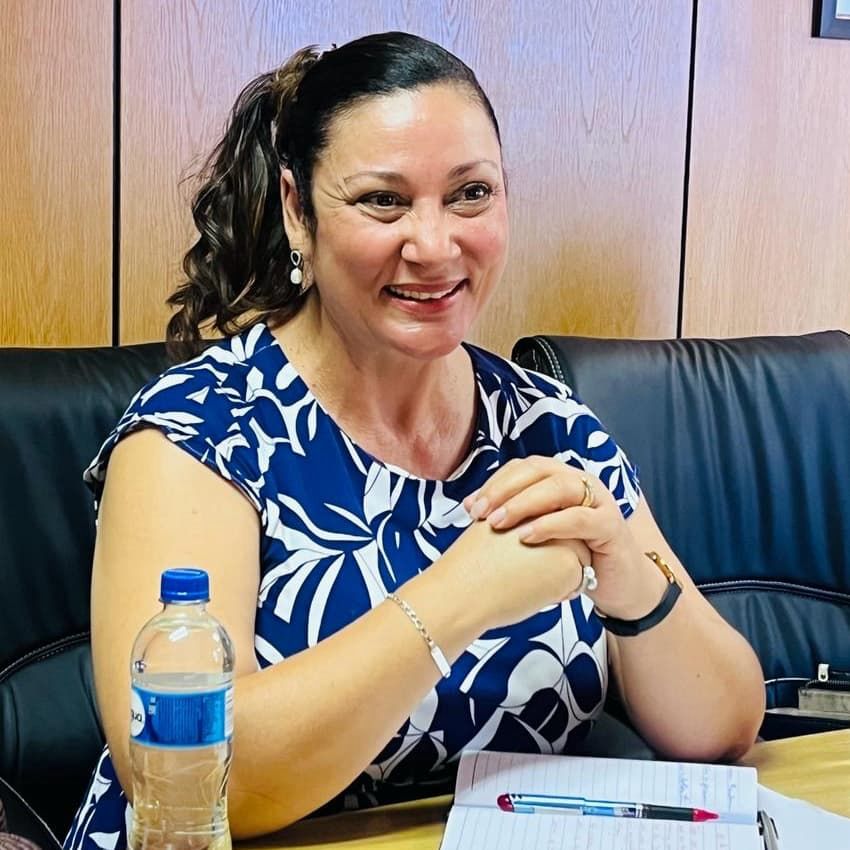The Namibian Association of Medical Aid Funds (Namaf), established under the Medical Aid Funds Act 23 of 1995, serves as the regulator of clinical risk within Namibia’s healthcare funding industry.
As part of its role, Namaf administers the issuance of practice numbers to healthcare providers and facilities, ensuring that private medical services are properly regulated and claims to medical aid funds are processed efficiently.
This is a legal requirement for the process of reimbursement of a claim to a healthcare provider or facility.
But what are practice numbers, and what is the purpose of issuing them?
Let’s find out.
What is a practice number?
A practice number is a 13-digit identifier that healthcare providers in Namibia need if they wish to claim from registered medical aid funds.
While they can still practise medicine without one, a practice number is essential for having their claims recognised and processed.
Namaf’s guidelines set out the criteria to be met by each healthcare provider according to their discipline or facility type when applying for a practice number.
In future, Namaf’s coding structure will be expanded to include National Pharmaceutical Product Index (Nappi) codes for medicines and surgical consumables.
Accurate billing and payments
Each practice number is tied to a set of procedure and diagnostic codes, which are essential for accurate billing.
These codes describe the medical services provided, ensuring that medical aid funds can process claims efficiently.
Namaf’s coding structure standardises billing practices and helps maintain transparency across the healthcare industry.
For members of medical aid funds, this system ensures their benefits are used correctly by verifying that healthcare services being claimed align with the healthcare provider’s qualifications, and that treatments are appropriate for diagnoses.
The practice number tied to a specific provider allows medical aid funds to cross-check claims against the coding structure, benchmark tariffs, billing rules and guidelines.
When services are rendered by a healthcare provider or facility that does not have a practice number, the member must pay for these services upfront and submit a claim to their medical aid fund for reimbursement.
Clinical risk management
Practice numbers are more than just administrative tools, they are key to effective clinical risk management.
By linking healthcare providers and facilities to a specific coding schedule, Namaf and the affiliated medical aid funds can ensure healthcare services are accurately tracked.
This system allows for better oversight and helps manage clinical risk.
In addition, it helps to protect medical aid fund members by ensuring only qualified healthcare providers can claim from medical aid funds.
For healthcare providers, practice numbers establish a formal recognition of their qualifications and the services they are authorised to offer within the private healthcare system.
This creates a layer of accountability and trust between providers, patients and medical aid funds.
- Uatavi Mbai is the stakeholder relations and communication manager at the Namibian Association of Medical Aid Funds (Namaf).
Stay informed with The Namibian – your source for credible journalism. Get in-depth reporting and opinions for
only N$85 a month. Invest in journalism, invest in democracy –
Subscribe Now!









